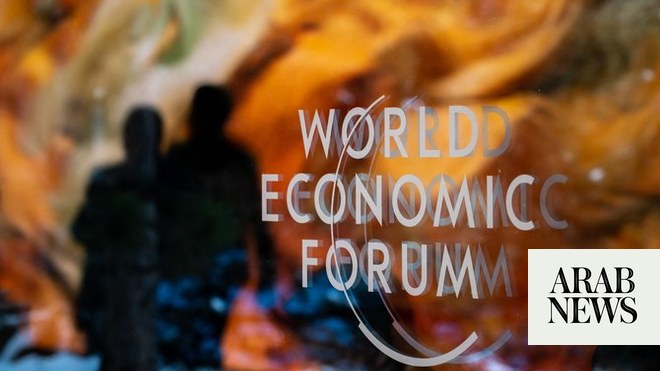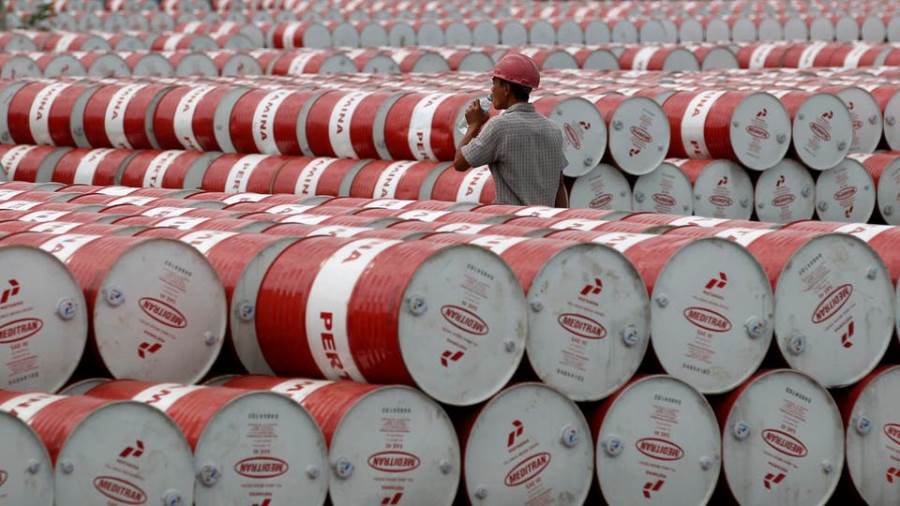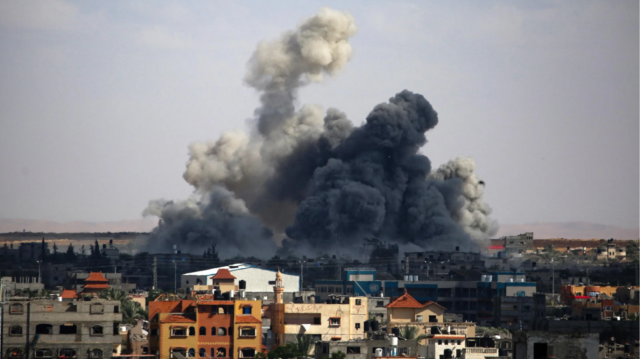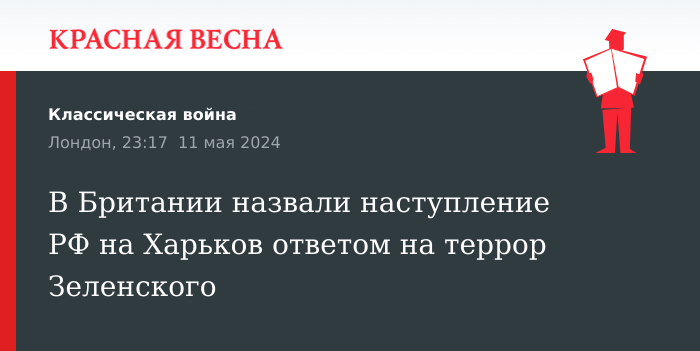Global Leaders Convene at WEF Riyadh for Collaborative Action on Economy and Energy
With the world's eyes turned to Riyadh, leaders from across the globe discuss unprecedented economic, energy, and geopolitical challenges at the World Economic Forum meeting.
Published April 28, 2024 - 00:04am

Image recovered from arabnews.com
RIYADH: A pivotal meeting poised to shape the future of global collaboration and economic progression is underway as the World Economic Forum (WEF) convenes in Riyadh. Pakistani Prime Minister Shehbaz Sharif is among the global leaders attending the forum to engage in high-stakes dialogue on growth, energy, and sustainable development.
The 'Special Meeting on Global Collaboration, Growth and Energy for Development' brings together around 1,000 leaders from 92 countries. Akin to the inaugural Growth Summit in Switzerland, the Riyadh conference aims to stimulate novel approaches to the world's intertwined crises, acknowledging the necessity of shorter-term trade-offs to bridge the growing divide between North and South.
Børge Brende, the President of the WEF, emphasized the urgency of international collaboration and purposeful discussions in this era of escalating geopolitical tensions and socio-economic disparities. Under the patronage of Crown Prince Mohammed bin Salman, the special meeting is anticipated to transform dialogue into concrete action and uncover large-scale solutions.
Amid these global inflections, leaders not only from the Middle East but also high-ranking officials from the US, the EU, Asia, and Africa are actively participating. The themes of 'A Compact for Inclusive Growth,' 'Catalyzing Action on Energy for Development,' and 'Revitalizing Global Collaboration' are being discussed in depth.
In unison with the event, PM Sharif has scheduled bilateral discussions, incorporating meetings with Crown Prince Mohammed bin Salman to deliberate on investments and economic ties, and with IMF's Kristalina Georgieva regarding new economic packages for Pakistan, as reported by ARY News and other media outlets.
Exploring pathways for reinforced cooperation across diverse sectors and deliberating on key issues like trade, investment, supply chain restructuring, and energy transitions, this assembly represents a concerted effort toward a secure, stable, and sustainable future.
With over half of the participants coming from the Global South and emerging economies, the forum underscores inclusion and presents a unique opportunity for developing nations to voice their perspectives on the global stage. Livestreaming of sessions and the Open Forum's panel discussions aim to ensure transparency and public engagement.
The World Economic Forum's Global Risks Report 2024 serves as a backdrop to this assembly, highlighting crucial risks such as economic downturns, disrupted supply chains, and climate change, further spotlighting the importance of this global collaboration.
The dynamic sessions at the World Economic Forum in Riyadh are heavily focused on creating an adaptable and robust economic structure that can withstand the pressures of the current international landscape. As discussions advance, there is a collective emphasis on the digitization and diversification of economies, particularly in the face of technological advancements and a global push towards a greener economy.
These topics resonate with the youth and future leaders of tomorrow, prompting the WEF to integrate a broader intergenerational dialogue. This includes the involvement of young global leaders and entrepreneurs who are essential to driving innovation and sustainable economic policies. The forum provides a platform for these voices to be heard and for intergenerational policies to be formed, recognizing that the leaders of tomorrow are key to shaping the future today.
Climate change remains front and center as a subject of vital concern. Debates are centering on how to balance economic growth with environmental sustainability, with state-of-the-art renewable energy solutions being at the forefront of discussions. Transitioning to cleaner energy sources is not only seen as an environmental imperative but also as an opportunity to foster new industries and create jobs.
Regarding geopolitical challenges, the dialogue at the WEF explores the necessity for greater geopolitical stability and the role this stability plays in ensuring economic prosperity. There is a recognition that economic ties can help reduce conflicts and promote peace by making the cost of conflict too high. The role of global trade as a tool for peace is an undercurrent in numerous conversations amongst the attendees.
At the same time, the forum is addressing the urgent need for better healthcare systems, exacerbated by the recent global pandemic. Discussions are revolving around how to build more resilient health infrastructures that can withstand future health crises while improving the global population's overall well-being.
Education and its critical role in economic development are also being highlighted. There's a consensus that investing in education equips the workforce with the necessary skills to participate in and contribute to the economy. Leaders are discussing strategies to bridge the educational divide by promoting access to quality education for all, including leveraging technology for education in remote and underprivileged areas.
Additionally, the forum is witnessing talks on harnessing the power of public-private partnerships for achieving the Sustainable Development Goals (SDGs). There is an understanding that private sector involvement is critical for advancement in various sectors, including infrastructure, energy, and technology. By combining resources and expertise, these partnerships have the potential to accelerate progress towards the SDGs.
Finally, underpinning all the discussions at the WEF in Riyadh is the approach toward harnessing the Fourth Industrial Revolution. The implications of artificial intelligence, the internet of things, and biotechnology are debated, with thought leaders from various industries providing insights into how such technologies can be geared towards equitable economic growth and societal benefit.
As the World Economic Forum in Riyadh unfolds, the hope is that the collaborative discussions and shared insights will not only reflect in policy papers but ignite actions that contribute to a renewed, resilient and inclusive global economy poised to meet the challenges of our times.







